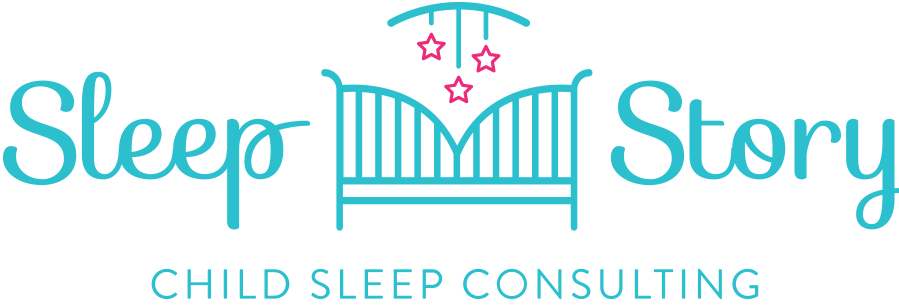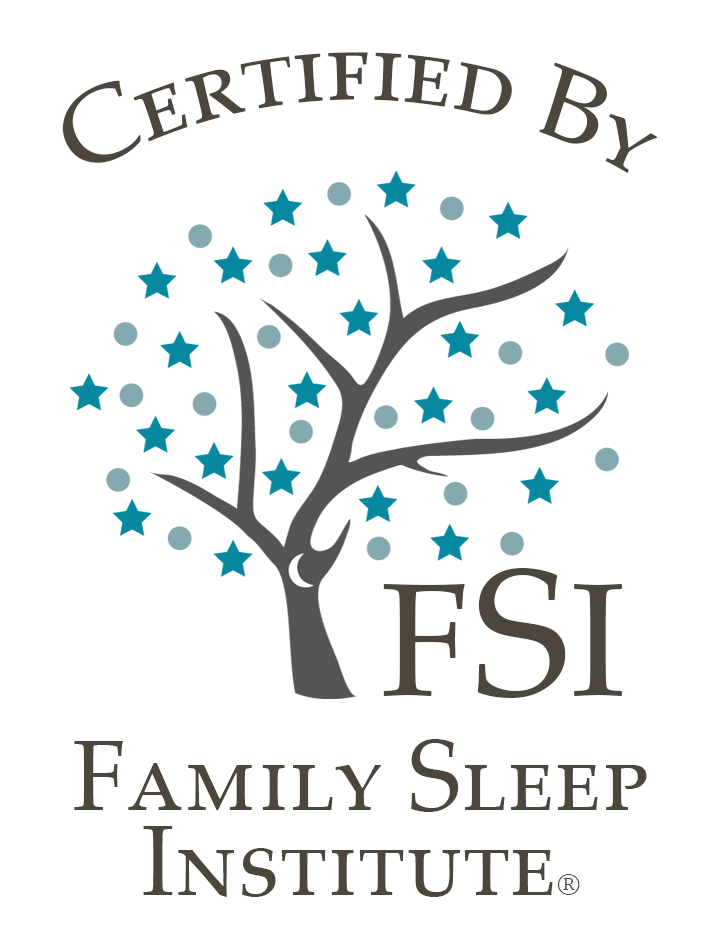Frequently Asked Questions
Do I need “sleep training” at all?
One of the misconceptions about sleep consultants is that we think our way is the only way. Ask yourself: Is every single person in my family (children and adults alike) rested and happy about our sleep arrangements? If the answer is yes – what you have works for you, however many people sleep in your bed, when and how. Kudos!
However, if anyone in you family is not getting enough sleep (again, your children and/or you) and your frustration or other negative feelings about your family sleep set up keeps growing and affecting family relationships – I just want you to know that change is absolutely possible. That’s all.
It’s not for everybody. Just like breastfeeding or bottle feeding, staying at home or sending kids to the creche full time. But it might be for you.
When kids sleep well, they thrive. When we sleep well, we are healthier, happier and more available for our kids. It’s a beautiful goal worth aiming at.
Does “sleep training” mean Cry It Out?
NO.
But let me explain.
For starters, I am not a big fan of the term “sleep training”. No wonder it polarises parents (as if there wasn’t enough in store for us!). I prefer to say “learning independent sleep skills and growing confidence in them” but we’d all lose the plot if I was pasting it in every second sentence.
Cry It Out (CIO), otherwise called “the extinction method”, means you kiss your baby goodnight and leave until the morning or next feeding time – you don’t come back at all until the baby is asleep. As you can easily guess, almost all parents coming to me say: “I don’t want the CIO!“. “That’s perfect!” I then say, because there’s a whole range of methods to choose from. They are all graded by the level of parental involvement and we’ll take into account your feelings, family situation, values, parenting style and goals. So to sum up, WHEN IT COMES TO THE METHOD, WE’LL CHOOSE THE BEST ONE FOR YOU.
It is really important to know that SLEEP TRAINING IS NOT JUST THE METHOD. When I meet the families, I talk about six elements of the healthy sleep foundations – and independent sleep skills, along with the teaching method, is just one of them! The other five are absolutely necessary to ensure we make the learning process as easy as possible for our kids and to set the whole family for success. Going for any method, without putting all the other elements in place is going to be extremely hard and simply not fair.
What methods are you using?
In short – there are many. And unless there are significant limitations, you’ll use the one you choose.
I haven’t chosen one method and made it my “signature approach”. Instead I’ll tell you about a range of methods that can help children learn how to fall asleep independently, from the extremely gradual and gentle to more direct ones. I’ll list advantages and challenges, I’ll let you know what to expect and explain why it will happen. I’m an expert on sleep and you’re an expert on your family, together we’ll agree on the approach that suits you best, after taking into account a good number of factors.
One of the keys to success is staying consistent – and that’s much easier when you’re comfortable with what you’re doing because you understand exactly how it works. And when you have a personal cheerleader by your side (me!).
Will there be tears?
This is something everyone is worried about, obviously – it’s normal and natural in a loving environment. But it is also true that introducing healthy sleep habits in a loving environment will not harm the bond you have.
There might be tears, because there will be change. And overtiredness is not helping here, as I am sure you already know! Overtired crying is so hard, but sleeplessness is even harder. Crying while learning independent sleep skills is only a short term stress, while sleep deprivation (for both kids and parents) is a chronic stress.
By putting all the elements of healthy sleep foundations in place, we know that we’re doing our best to make the process as easy as possible for our kids. It is also so much easier to make changes when we learn that sleep – while being a source of big emotions – is also first of all both logical and biological. Understanding how it works (and why it doesn’t work!) helps so much to stay calm, confident and consistent.
Asking our kids to separate from us during the night (when it’s age-appropriate) is a big ask, even when we know for sure it’s going to benefit everyone and transform our family life. That’s why we want to equip our children with tools, skills and confidence, built gradually with the support of a confident parent. This is where I can help.
How old my baby needs to be to learn how to sleep well?
The sleep of tiny newborn babies is not very organised, their circadian rhythm is yet to develop as they slowly adapt to the world. The 4th trimester is chaotic, things change fast and you can expect nearly everything: from a baby that needs to woken up for feedings, to a baby that wakes you up every half an hour (raised hand here!). It really is a story of its own and it usually takes me about 2 hours to summarise it during the consultations for newborns. Can we do anything to help at this very early stage? Definitely, but we also need to have reasonable expectations and respect for the very young age and its extraordinary needs.
The key moment comes around 4 months (adjusted age, that is calculated from due date), when the sleep patterns mature. Have you heard about the 4 months regression? Cross the word “regression” out, it’s a permanent change, therefore a progression! It’s a great opportunity to start working on healthy sleep foundations (if you haven’t already) – and if you do, you can expect sleep to gradually start consolidating.
If your sleep story gets bumpy at around 4 months and these bumps are not addressed in the right way, they may stick around, perhaps for months or years. If your baby is older than 4 months adjusted age and you need help with establishing healthy sleep habits, now is the time. If your baby is actually not even a baby anymore, and you’ve realised you need this support – it’s never too late. Funny thing is, kids are often ready before we are for these changes, but only we can give them the opportunity for change.
I’m breastfeeding, can we sleep well too?
Breastfeeding, whether you were a natural or fought hard to become one, is a journey on its own – yet of course linked with sleep and this link will change with time. Demand-feeding a newborn is normal and natural, so is feeding your newborn to sleep. Their circadian rhythm is not yet developed and they digest breast milk much faster than formula milk, so they really need those frequent nursing sessions, also at night.
But hang in there mama!
Even after the so called “4th trimester” breastfeeding on demand can absolutely be your choice (though for me personally the more scheduled approach was one of the reasons my own – in total 3.5 year long – breastfeeding journey was so successful). The key thing is whether your older baby associates sleeping directly with feeding – or anything else that involves your active help. As long as after 4 months (adjusted age) your baby does not fully depend on feeding to fall asleep, the road to more consolidated, restorative sleep is open for every baby, both breastfed and formula-fed. You guessed right – this is where I can help.
Just to be clear – if anyone breastfeeds to sleep their older baby and it works for them, you all sleep well, then great! But it if doesn’t and you’re considering ending breastfeeding solely because of that – please do know it doesn’t have to end this way. To breastfeed or to sleep? That’s just not the right question.
What locations are you serving?
I’m based in Ireland, so the majority of my support goes to the families living here. Yet of course, thanks to the amazing opportunities of the online world, I am able to work with you wherever on Earth you are! Going global is very exciting, but staying local has its undeniable charm too. Pre-pandemic I loved in-home consultations, which I’m still happy to offer to the families living in Donabate – but 2020 proved that working fully online is absolutely possible, equally effective and nobody needs to frantically clean any messy evidence of normal life with kids in their home just because the sleep lady is visiting.

